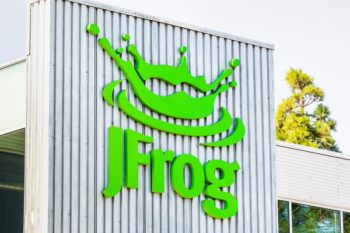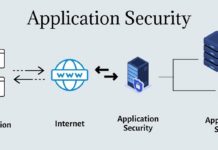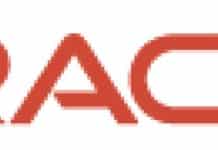JFrog Ltd. today introduced Project Pyrsia, an open-source software community initiative that utilizes blockchain technology to secure software packages (A.K.A Binaries) from vulnerabilities and malicious code. Available for sign-ups immediately, Project Pyrsia is an open-source-based, decentralized, secure build network and software package repository aimed at helping developers establish chain of provenance for their software components, creating greater confidence and trust.
“Open-source is everywhere, and while it has always been seen as a seed for innovation and modernization, the recent rise of software supply chain attacks has made every organization vulnerable,” said Shlomi Ben Haim, Co-Founder and CEO, JFrog. “Led by developers and for developers, JFrog is proud to work with the community on developing Project Pyrsia so everyone can continue to embrace open source with confidence, while protecting the software supply chain.”
Open-source software is a critical element of nearly every technology we use today – from our operating systems and browsers to the applications and services on which we depend to run our lives. Yet there’s no question the volume, sophistication and severity of software supply chain attacks has increased in the last year. In recent months the JFrog Security Research team tracked over 20 different open-source software supply chain attacks – two of which were zero-day threats. While open-source components are designed to make development more efficient, not knowing where your software comes from makes it hard-to-spot risks–seeding doubt and uncertainty about its safety.

Thus, JFrog and other open-source technology leaders, including Docker, DeployHub, Futureway, and Oracle – worked together to establish the Project Pyrsia network for validating the source and security of open-source software packages. With Pyrsia, developers can confidently use open-source software knowing their components have not been compromised, without needing to build, maintain, or operate complex processes for securely managing dependencies.
“At JFrog we believe open-source security will only be successful if we provide the community with the same tools and services that are available to enterprises,” said Stephen Chin, VP of Developer Relations, JFrog. “The combination of an open-source, customizable architecture, and a robust, active community makes Pyrsia the most transparent and trustworthy way to obtain secure software packages. We’re grateful for the help of our industry partners and the community for joining us in securing open source so it can remain a true fountain of innovation.”
Pyrsia aims to seamlessly integrate with the package management systems developers are already using today, so they can certify their software components without foregoing compatibility, security, or efficiency. Utilizing standards like Sigstore’s Cosign and Notary V2 allows developers to quickly access their containers leveraging the Pyrsia network. Using digital signatures, developers receive an immutable chain of evidence for their code, providing peace of mind from knowing the exact source of their packages.
To help guide developers on the process of using Pyrsia for validating software components, a select few entities will build and publish images that will be available for everyone’s use -otherwise known as ‘bootstrapping’ the project. Organizations interested in supporting Pyrsia can volunteer their resources to help establish the project’s first distributed network. From there, Project Pyrsia’s decentralized framework will help provide:
- An independent, secure build network for open-source software
- Trustworthiness of software packages
- Completeness of known open-source software dependencies












































































